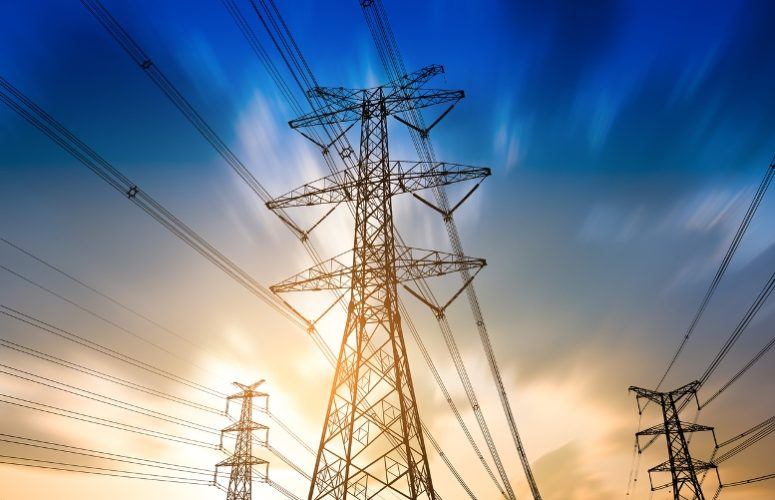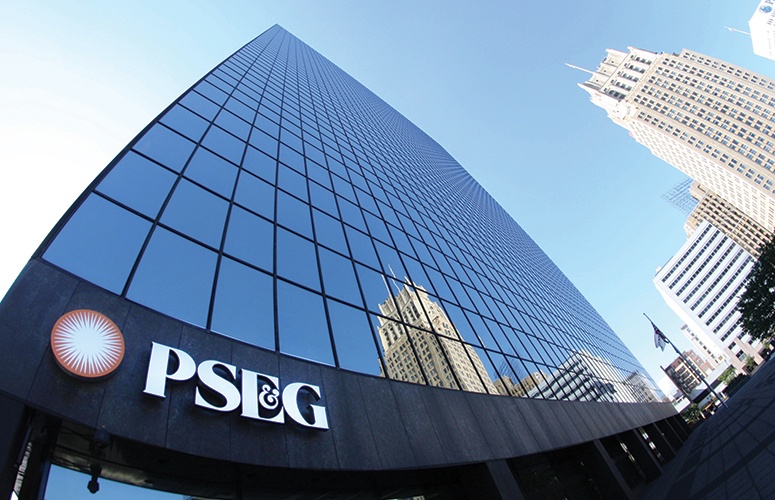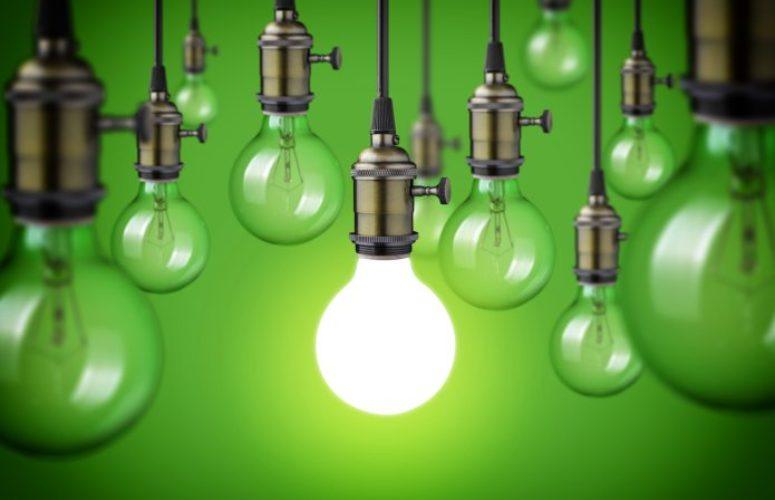
Why are Electricity Costs Rising for Most NJ Small & Mid-Sized Businesses?
On Feb 6, 2020The New Jersey Board of Public Utilities (BPU) approved the results of the state’s 19th annual electricity auction for Basic Generation Service (BGS), resulting in slightly higher costs for electricity supplied to most residents and small and/or medium-sized businesses by Public Service Electric & Gas Company (PSE&G), Jersey Central Power & Light Company (JCP&L), and Atlantic City Electric Company (ACE), collectively, the New Jersey Electric Distribution Companies (EDCs). There will be a slight decrease for most Rockland Electric Company (Rockland) residents and small and/or medium-sized businesses.
“In 2020, the weighted average electric costs, which is based on the results of the last three annual auctions, will increase slightly, in large part due to increased transmission costs that are set by our federal counterparts at FERC,” said BPU President Joseph L. Fiordaliso. “We will continue to monitor transmission proceedings at FERC, consistent with the goals of the Murphy Administration.”
The BGS auction determines, in part, the cost of electricity for most New Jersey residents and small and/or medium-sized businesses for a 12-month period starting June 1, 2020. Winning prices for three of the four EDCs decreased between 5.4 percent and 6.4 percent compared to last year’s auction, while winning prices for PSE&G increased by 4.2 percent due to higher costs for transmission service.
However, due in part to the fact that winning contracts are replacing older, less expensive contracts from three years ago, the average monthly BGS residential ratepayer bill is expected to increase slightly. Specifically, residential ratepayers supplied by PSE&G will see an average estimated bill increase of 4.4 percent, ratepayers supplied by JCP&L will see an average estimated bill increase of 2.4 percent, ratepayers supplied by ACE will see an average estimated bill increase of 0.3 percent. Ratepayers supplied by Rockland will see an average estimated bill decrease of 1.6 percent.
To access more business news, visit NJB News Now.
Related Articles:




